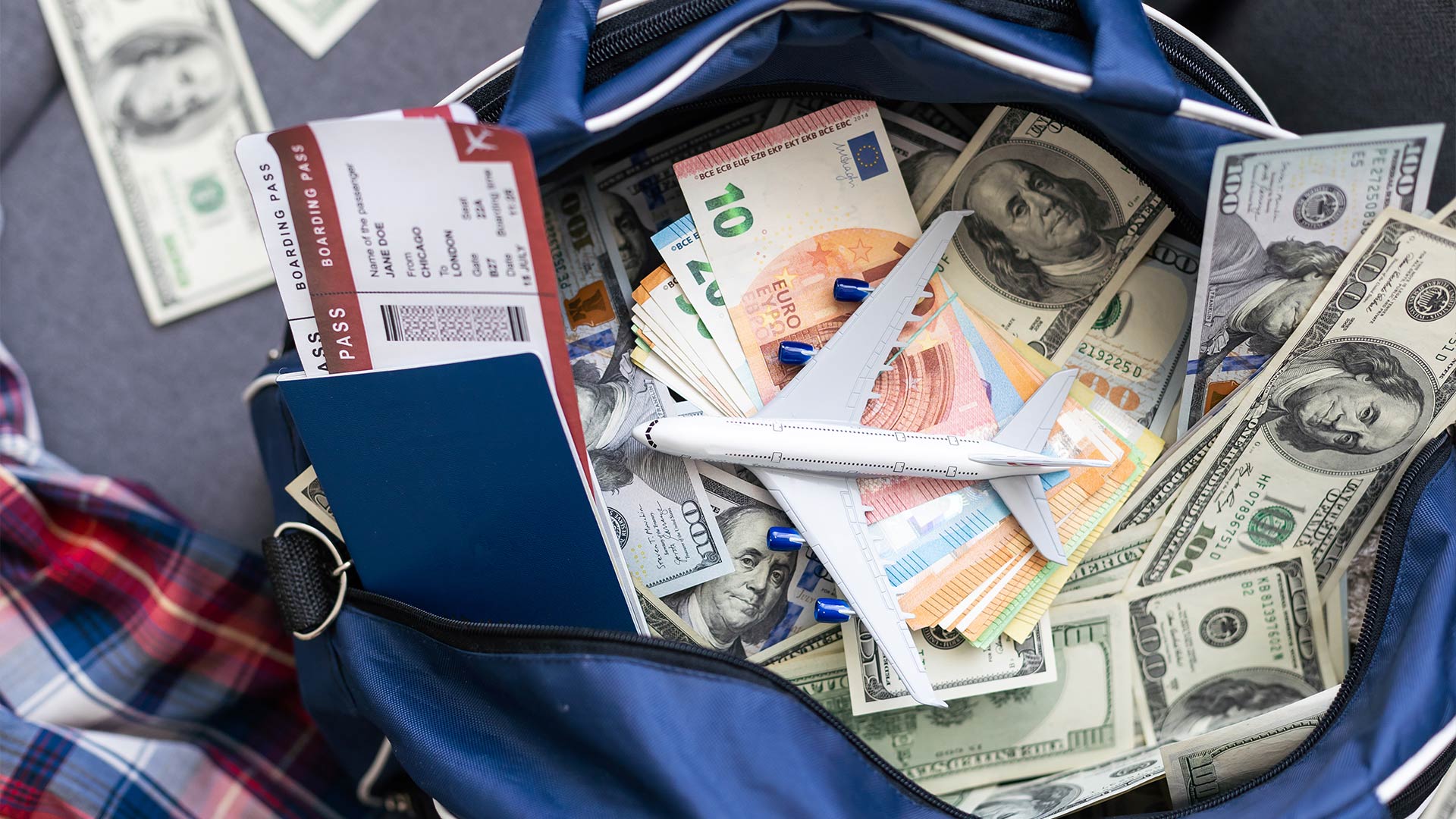Daily Expenses in Japan: A Sample One-Week Travel Budget
Japan is a dream destination for many travelers — a country that effortlessly blends ancient temples with futuristic cities, quiet nature with urban energy. But how much does a one-week trip to Japan actually cost? This guide breaks down daily expenses across accommodation, food, transportation, attractions, and incidentals, offering a realistic sample one-week budget for solo travelers seeking a balanced, mid-range travel experience.
🏨 Accommodation Costs
Budget Range (Mid-Level Hotels & Business Hotels)
- Tokyo: ¥8,000–¥12,000 per night
- Kyoto/Osaka: ¥7,000–¥10,000 per night
- Average per night: ¥9,000 (USD $58–65)
- Weekly total: ¥63,000
🍱 Food & Drink
Daily Food Budget
- Breakfast: ¥500–¥700 (convenience store or hotel buffet)
- Lunch: ¥800–¥1,200 (set menu or ramen shop)
- Dinner: ¥1,500–¥2,500 (izakaya, sushi train, or casual dining)
- Snacks & Drinks: ¥300–¥500 (street food, vending machines)
Tip: Look for lunch “teishoku” (set meals) at local diners. They’re hearty and affordable.
🚄 Transportation
Intercity Travel (Japan Rail Pass)
- JR Pass (7-Day): ¥50,000 (Ordinary Class)
Tip: If you're visiting Tokyo → Kyoto → Osaka → Tokyo, the JR Pass is cost-effective. Otherwise, buy single tickets.
Local Transport
- Metro & Bus (Tokyo, Kyoto, Osaka): ¥700–¥1,000 per day
- IC Card (Suica/Pasmo/ICOCA): Rechargeable for subways and vending machines.
🎟️ Sightseeing & Attractions
Sample Attraction Costs
Average daily attraction spend: ¥1,000–¥2,000 Weekly total: ¥10,000
Tip: Many shrines and gardens are free or donation-based. Save splurging for a few unique experiences like TeamLab or cultural shows.
💱 Miscellaneous & Shopping
- Souvenirs (snacks, keychains, ceramics): ¥3,000–¥5,000
- Convenience items (toiletries, umbrella, SIM/data card): ¥1,000–¥2,000
- SIM Card/Data: ¥2,500–¥3,500 (7-day prepaid data SIM)
📊 Sample One-Week Budget Summary
💡 Tips to Lower Your Costs
- Stay in capsule hotels or hostels: Private pods with shared baths can cost as low as ¥3,000–¥5,000 per night.
- Use regional rail passes: Kansai Pass or Tokyo Wide Pass can be cheaper alternatives to the full JR Pass.
- Shop at 100-yen stores: Get affordable snacks, utensils, and souvenirs.
- Dine at conveyor belt sushi or donburi chains: Chains like Matsuya, Sukiya, or Sushiro are both tasty and wallet-friendly.
- Walk when you can: Japan is extremely walkable and safe, especially in cities like Kyoto and Nara.
✅ Final Thoughts
A week in Japan can be affordable without sacrificing cultural experiences, great food, or comfort. With a daily average of around ¥23,000–¥25,000, you’ll be able to enjoy temples, trains, and tonkatsu — all within a realistic, mid-range budget. For budget travelers, trimming the total to ¥120,000–¥140,000 is possible by staying in hostels, cooking a few meals, and choosing low-cost transport options.
Plan wisely, and you’ll find Japan offers exceptional value for one of the world’s most memorable travel experiences.


